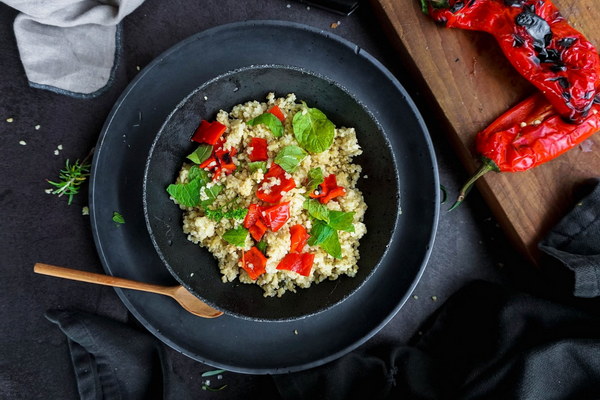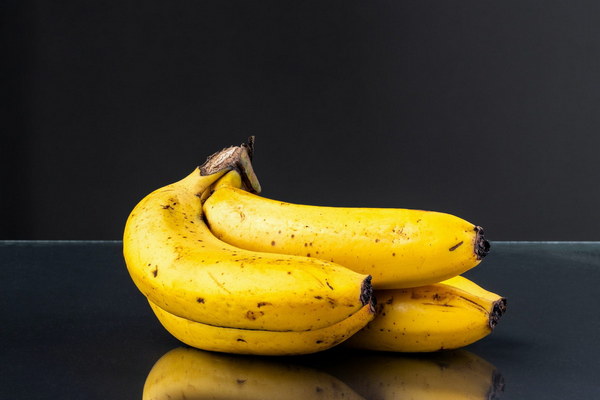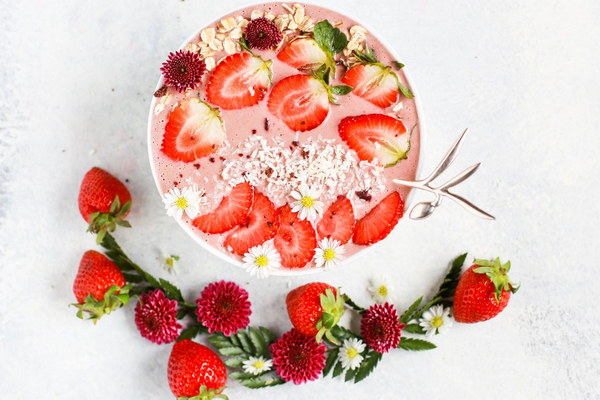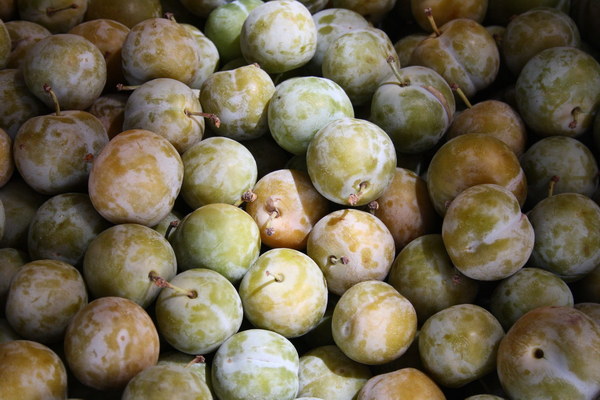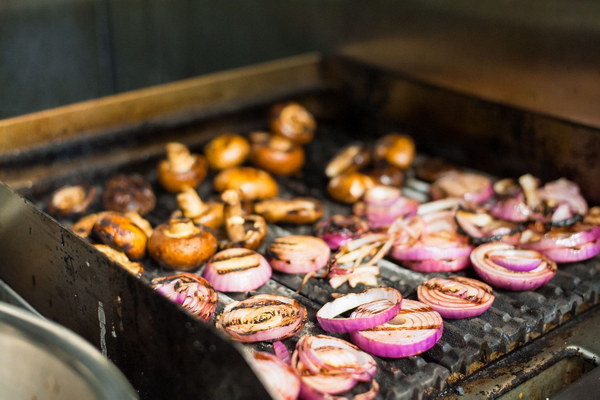Revitalize Your Lungs A Holistic Approach to Expelling Dampness and Phlegm
In the pursuit of a healthier and more vibrant life, the lungs play a critical role in our overall well-being. However, they can be easily affected by environmental factors, poor lifestyle choices, and seasonal changes. To combat these issues, it is essential to adopt a holistic approach that focuses on nourishing the lungs, expelling dampness, and dissolving phlegm. This article delves into the intricacies of this approach, offering practical advice on how to achieve a harmonious balance within the respiratory system.
Understanding the Importance of Lung Health
The lungs are responsible for oxygenating the blood and removing carbon dioxide, ensuring that our bodies receive the necessary oxygen for energy production and cellular functions. When the lungs become congested with dampness and phlegm, it can lead to a variety of respiratory problems, such as coughs, colds, bronchitis, and even asthma.
Nourishing the Lungs
The first step in maintaining healthy lungs is to nourish them with the right foods and supplements. Traditional Chinese Medicine (TCM) emphasizes the importance of warming the body and incorporating herbs that support lung function. Some of the most beneficial foods and herbs for lung health include:
- Ginger: Known for its warming properties, ginger helps to expel dampness and improve digestion, thus reducing the buildup of phlegm.
- Honey: A natural cough suppressant, honey can be consumed in its pure form or added to warm teas and broths.
- Pumpkin: This nutrient-rich vegetable is excellent for clearing phlegm and improving respiratory health.
- Shiitake Mushrooms: These mushrooms are rich in antioxidants and have been shown to enhance immune function, which is crucial for protecting the lungs.
- Herbs: Herbs such as astragalus, codonopsis, and eleuthero are known for their immune-boosting and lung-supporting properties.
Expelling Dampness
Dampness in the body is often a result of a diet high in cold and raw foods, as well as exposure to damp environments. To expel dampness, it is important to:
- Avoid Cold and Raw Foods: Reduce the intake of cold beverages, ice cream, and raw vegetables, as these can exacerbate dampness.
- Incorporate Warming Foods: Focus on warming foods such as soups, stews, and cooked vegetables.
- Stay Active: Regular exercise helps to boost circulation and eliminate dampness from the body.
Dissolving Phlegm
Phlegm can be challenging to eliminate, but there are several strategies that can help:
- Hydration: Drink plenty of warm fluids, such as herbal teas and broths, to keep the throat moist and facilitate the removal of phlegm.
- Steam Therapy: Inhale steam from a hot shower or a bowl of hot water to help loosen and expel phlegm.
- Mucus-Reducing Herbs: Herbs such as eucalyptus, menthol, and peppermint can help thin mucus and make it easier to cough up.
Lifestyle Adjustments
In addition to dietary and herbal interventions, adopting a healthy lifestyle is crucial for maintaining lung health:
- Smoking Cessation: Quitting smoking is the single most effective way to improve lung function and reduce the risk of respiratory diseases.
- Air Quality: Ensure that you are breathing clean air by using air purifiers and avoiding environments with high levels of pollution.
- Mindfulness Practices: Engaging in mindfulness practices such as meditation and yoga can help reduce stress, which can contribute to the development of dampness and phlegm.
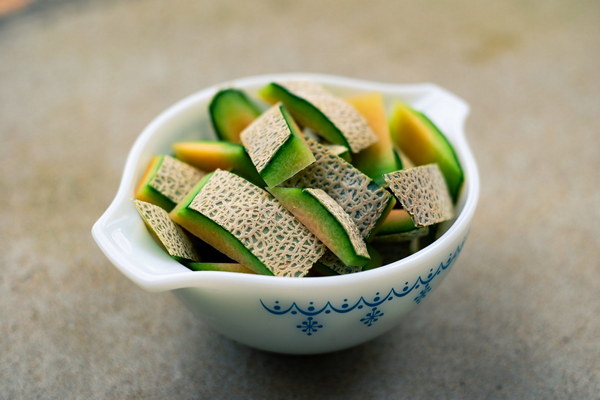
Conclusion
By focusing on nourishing the lungs, expelling dampness, and dissolving phlegm, individuals can achieve a healthier respiratory system and improve their overall quality of life. Incorporating the right foods, herbs, and lifestyle adjustments can help to clear congestion, enhance lung function, and support a vibrant, energetic life. Remember, the journey to better lung health is a holistic one, and it is important to approach it with patience and consistency.
